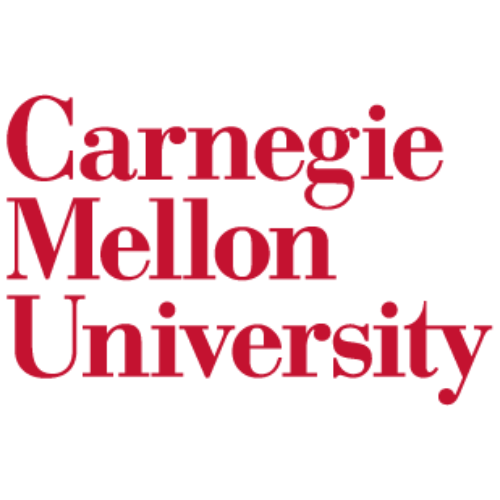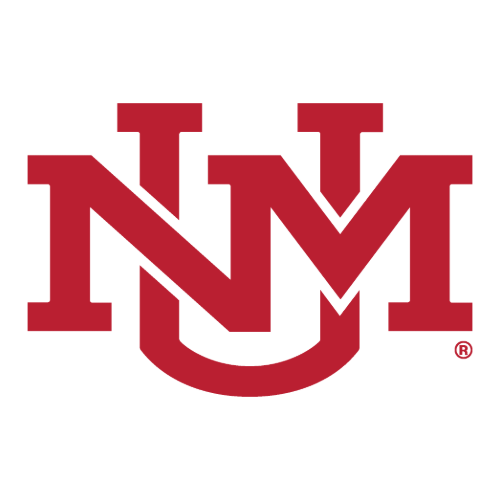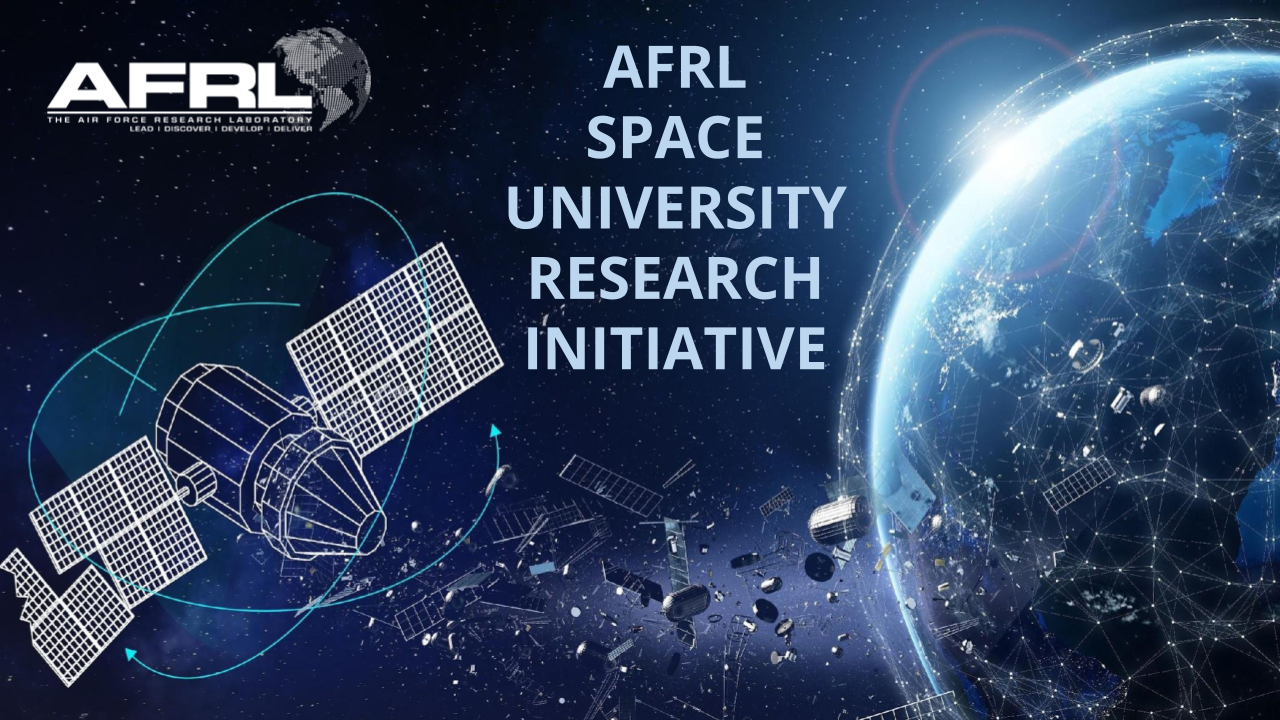Space University Research Initiative
UNM, CMU, TAMU, Northrop Grumman
The Space University Research Initiative (SURI) program is sponsored by the Air Force Office of Scientific Research (AFOSR) and the Air Force Research Laboratory (AFRL) Chief Technologist Office and encourages participation between academia, the Air Force Research Laboratory (AFRL) space focused technology directorates, and industry.
One of AFOSR’s top priorities is to bolster Space Force basic research. The vision is to grow space-related research to meet U.S. Space Force’s mission, strategy, and architectural challenges. In that vein, we are creating new investment strategies and new approaches to make that happen. The SURI is one of many ways we’re achieving that goal.
SURI was initiated as a pilot to foster engagements between various DOD agencies and the academic community in a developing USSF University Consortium, with the goal of improving the transition of critical concepts from the academic sector into revolutionary new military technologies. The program is intended to support basic and applied research in Space-related science and engineering at U.S. institutions of higher education with potential transition to essential applications of DOD interest. SURI supports multidisciplinary research efforts, ideally creating synergies to speed DoD-relevant research and development.
The three-way partnership envisioned in SURI is designed to play a major role in enhancing DoD-relevant capability in the Space domain, critical in the current environment of near-peer global competitors in the Space arena.
Each SURI award supports high-risk, high-reward ideas pursued by one or several principal investigators (PIs). Each of those PIs, in turn, brings an extended network of diverse post-docs, students, professors, and general STEM-educated citizens that represent the S&T workforce of the future.
AFRL topic chiefs play a critical role in SURI’s success by providing research guidance, encouraging the development of new talent, and supporting the transition of research products into DAF applications.
SURI seeks innovative solutions, not incremental improvements over the current state. SURI pushes the boundaries of S&T to encourage partnerships with AFRL and industry with significant basic research focus.
Eligible applicants are Public and State controlled institutions of higher education and private institutions of higher education. SURI is part of the bold high risk high reward transformational basic research efforts enabling AFRL to continue to shape disruptive technologies the U.S. Air Force and U.S. Space Force can lead ahead of our adversaries.







Hand-in Experience with Robotics

Name: WAM 7 DoF robot arm with Barrett BH 282 Hand
Web: Barrett
Skill: C++, Python
Simulation Platform Used: MuJoCo, Simulink, Gazebo
Experience years: 3 yrs

Name: UR5e with Robotiq Gripper
Web: Universal Robots
Skill: Python, C++
Simulation Platform Used: MuJoCo
Experience years: 2 yrs
Selected Works

This work presents an adaptive detumbling method for stabilizing non-rigid satellites with uncertain motion dynamics, modeled as a two-link serial chain with unknown stiffness and damping properties. Unlike previous approaches treating satellites as rigid bodies, the proposed method uses two space tugs to handle the satellite's complex dynamics during detumbling. The approach addresses the challenges of unknown mass, inertia, and stiffness, offering a solution for advanced manipulation of non-rigid satellites in space.
@article{gao2024adaptive,
title={Adaptive robot detumbling of a non-rigid satellite},
author={Gao, Longsen and Danielson, Claus and Fierro, Rafael},
journal={arXiv preprint arXiv:2407.17617},
year={2024}
}

This work presents a decentralized adaptive controller for aerospace robots, enabling them to cooperatively transport unknown objects in varying gravity environments. The controller is validated in both aerial and space scenarios, using hexarotors and space tugs to adaptively transport payloads along desired 3D trajectories, even in the presence of unexpected disturbances, such as the loss of robots.
@article{gao2024decentralized,
title={Decentralized adaptive aerospace transportation of unknown loads using a team of robots},
author={Gao, Longsen and Aubert, Kevin and Saldana, David and Danielson, Claus and Fierro, Rafael},
journal={arXiv preprint arXiv:2407.08084},
year={2024}
}

This work presents an experimental stuty of a novel decentralized adaptive control approach implemented on a multi-arm robot system to address the challenges of limited prior knowledge of the manipulated load.